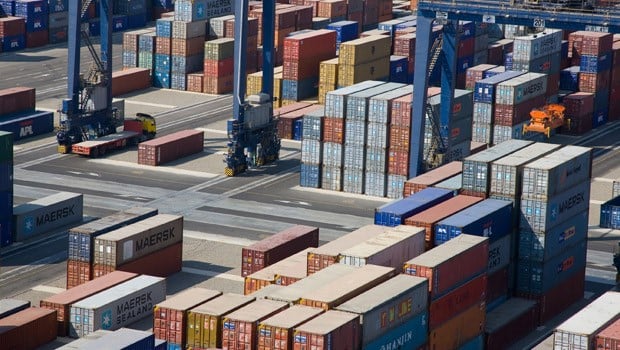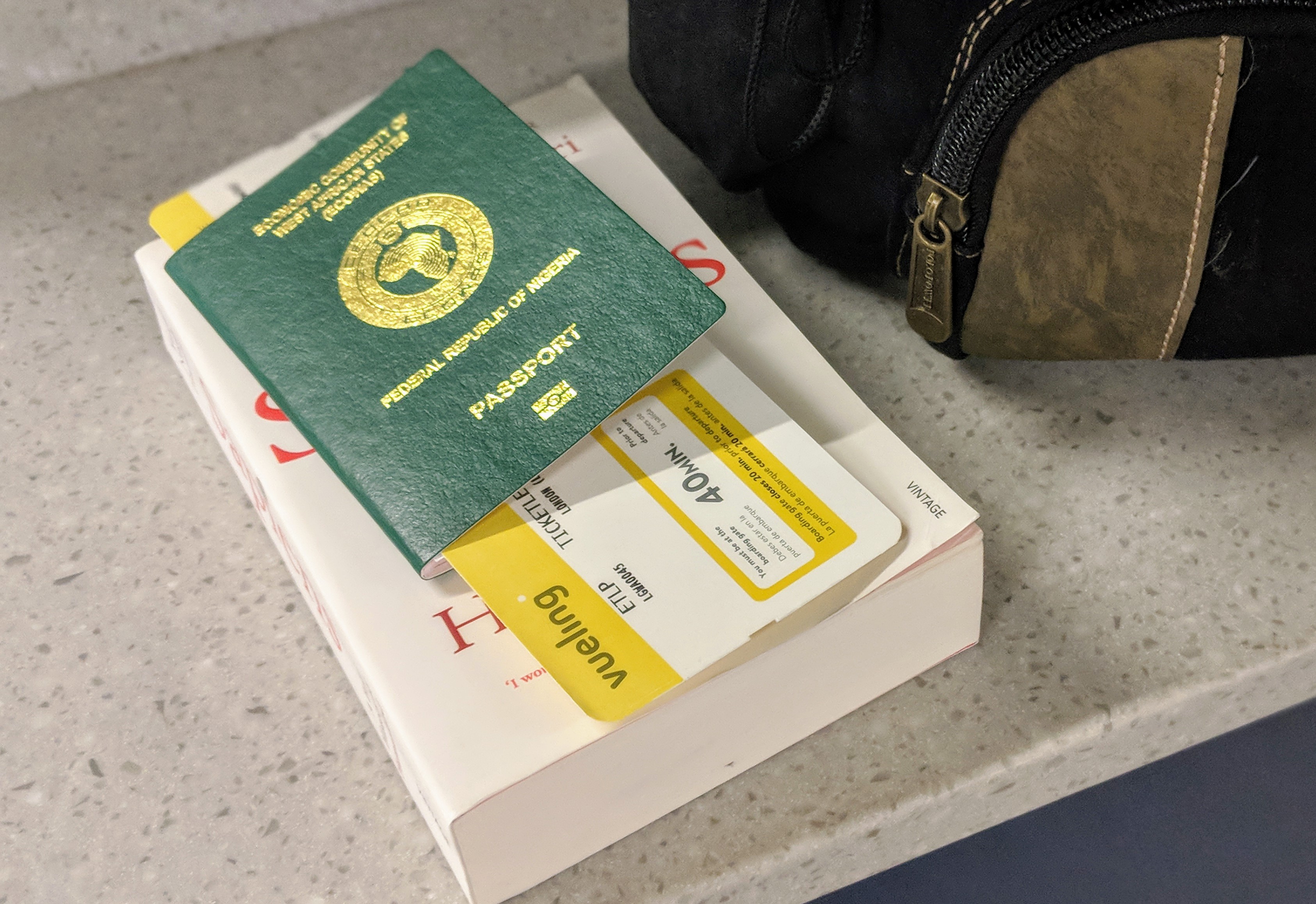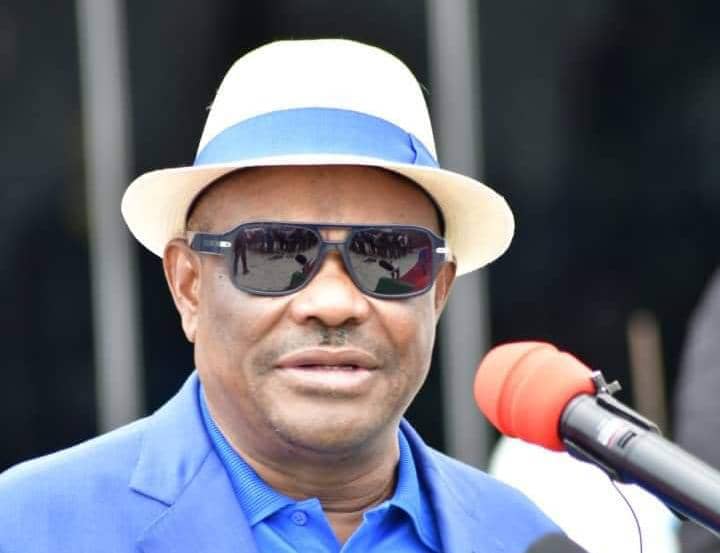The UK government says it will remove tariffs from up to 99 percent of goods imported from Africa and other developing countries.
In a statement on Tuesday, the British High Commission in Nigeria said the tariff cut is captured under the UK’s developing countries trading scheme (DCTS).
It said the DCTS will help UK businesses access hundreds of products from Nigeria and around the globe at lower prices, thereby reducing costs for UK consumers.
It added that the scheme will boost trade with 65 developing countries, support jobs and growth in the UK and abroad, and reinforce the country’s economic security.
Advertisement
“The international trade secretary, Anne-Marie Trevelyan has launched the new developing countries trading scheme (DCTS), which will extend tariff cuts to hundreds of more products exported from developing countries, going further than the EU’s Generalised Scheme of Preferences,” the statement reads.
“This is on top of the thousands of products which developing countries can already export to the UK duty-free [and will mean 99 percent of goods imported from Africa, for example will enter the UK duty-free].
“The scheme means that a wide variety of products – from clothes and shoes to foods that aren’t widely produced in the UK including olive oil and tomatoes – will benefit from lower or zero tariffs.
Advertisement
“The developing countries trading scheme ensures that British businesses can benefit from more than £750 million per year of reduced import costs, leading to more choice and lower costs for UK consumers to help with the cost of living.”
The statement added that the DCTS, which covers countries across Africa, Asia, Oceania, the Americas and some other poorest countries, removes some seasonal tariffs, providing more options and steady supply of products to British supermarkets and shops.
“For example, cucumbers, which can’t be grown in the UK in the winter, will now be tariff-free during this period for the majority of countries in the scheme,” it said.
“This work is part of a wider push by the UK to drive a free trade, pro-growth agenda across the globe, using trade to drive prosperity and help eradicate poverty.”
Advertisement
Speaking on the initiative, Trevelyan, UK’s international trade secretary, said UK aims at control of its trade policy to support businesses developing economies.
“As an independent trading nation, we are taking back control of our trade policy and making decisions that back UK businesses, help with the cost of living, and support the economies of developing countries around the world,” she said.
“UK businesses can look forward to less red-tape and lower costs, incentivising firms to import goods from developing countries.”
On his part, Gill Atkinson, acting British High Commissioner to Nigeria, said the country will automatically benefit from enhanced preferences under the DCTS.
Advertisement
“This means 99 percent of total goods exported from Nigeria are eligible for duty-free access to the UK, saving £500,000 of tariffs.
“As an example, cocoa butter exporters will save £180,000. It’s great to see that the new DCTS will also simplify seasonal tariffs, meaning additional access for Nigeria’s exports to the UK.”
Advertisement
Add a comment






